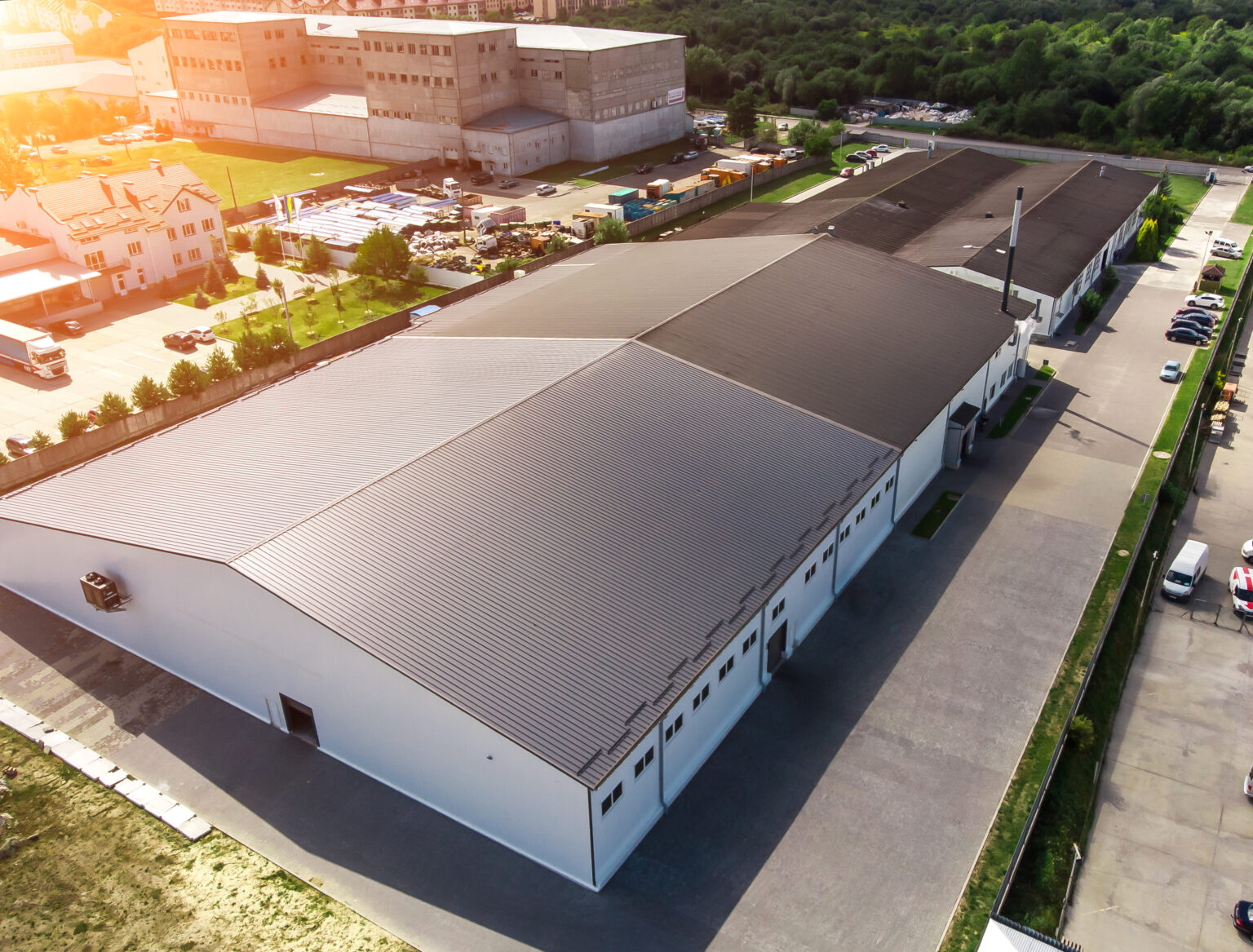Why Your Next Roofing Project Needs Disposal Alternatives: A Guide for Decision-Makers
In the realm of construction and roofing, the push towards sustainability is not just a trend but a necessary shift to address environmental concerns and economic challenges. Traditional disposal methods of roofing materials contribute significantly to landfill waste, presenting an urgent need for sustainable practices. Enter Disposal Alternatives, an innovater in recycling roofing materials, offering a Recycling Management Program tailored for flat and low sloped roofs. This guide is designed to enlighten decision-makers on the pivotal role Disposal Alternatives can play in their next roofing project.

Why Your Next Roofing Project Needs Disposal Alternatives: A Guide for Decision-Makers
The Challenge of Roofing Waste
The construction industry is one of the largest contributors to landfill waste, with roofing projects at the forefront. Traditional disposal methods are not only environmentally detrimental but also economically inefficient. The disposal of roofing materials incurs substantial costs, from transportation to landfill fees, impacting both the project’s budget and the environment.
Overview of Recyclable Roofing Materials
Roofing materials, often deemed as waste, hold significant potential for recycling and reuse. Disposal Alternatives focuses on several key materials:
- ISO (Polyisocyanurate): A highly efficient thermal insulation material, ISO’s recycling can significantly reduce energy consumption and production costs for new materials.
- XPS (Extruded Polystyrene): Known for its moisture resistance and thermal insulation properties, XPS can be repurposed, reducing the demand for new raw materials.
- EPS (Expanded Polystyrene): Lightweight and effective, EPS insulation can be recycled into new insulation products, packaging materials, and more.
- EPDM (Ethylene Propylene Diene Monomer): This durable synthetic rubber roofing membrane can be recycled into walkway pads, playground surfaces, and other rubber-based products.
- PVC (Polyvinyl Chloride): With its longevity and resistance to chemicals and weathering, recycled PVC can find new life in various construction materials.
- TPO (Thermoplastic Polyolefin): A recyclable and energy-efficient roofing material, TPO can be processed into new roofing products, reducing the environmental footprint.
The Role of Disposal Alternatives in Recycling Roofing Materials
Disposal Alternatives spearheads the recycling process for these materials through its comprehensive Recycling Management Program. The program encompasses collection, sorting, and the recycling of roofing materials, ensuring a seamless and efficient process. This initiative not only diverts waste from landfills but also conserves resources by reintroducing recycled materials into the production cycle.
Benefits of Partnering with Disposal Alternatives
Cost Savings: By recycling materials, projects can see a significant reduction in costs associated with waste disposal and transportation. This economic advantage allows for budget reallocation to other critical areas of the project.
Environmental Impact: The environmental benefits of recycling roofing materials are profound. Reducing landfill use, conserving natural resources, and decreasing greenhouse gas emissions are just a few of the positive outcomes.
Compliance and Reputation: Utilizing a recycling program like Disposal Alternatives can help companies comply with environmental regulations and enhance their reputation as leaders in sustainability.
Implementing a Recycling Program in Your Next Project
Integrating Disposal Alternatives’ Recycling Management Program into your next roofing project is straightforward. Begin by assessing the recyclable materials in your project and coordinate with Disposal Alternatives for collection and recycling. This proactive approach not only contributes to a greener planet but also positions your company as a sustainability champion.
The importance of recycling roofing materials cannot be overstated, with Disposal Alternatives leading the charge in facilitating this essential process. As decision-makers, the choice to incorporate sustainable practices into roofing projects is not only a step towards environmental stewardship but also a strategic financial decision.
For more information on starting a recycling program with Disposal Alternatives for your next roofing project, contact us today. Together, we can make a significant impact on both the environment and your bottom line.
This guide underscores the critical role of Disposal Alternatives in revolutionizing roofing projects through sustainable practices, offering a win-win solution for both the planet and the project’s budget.
